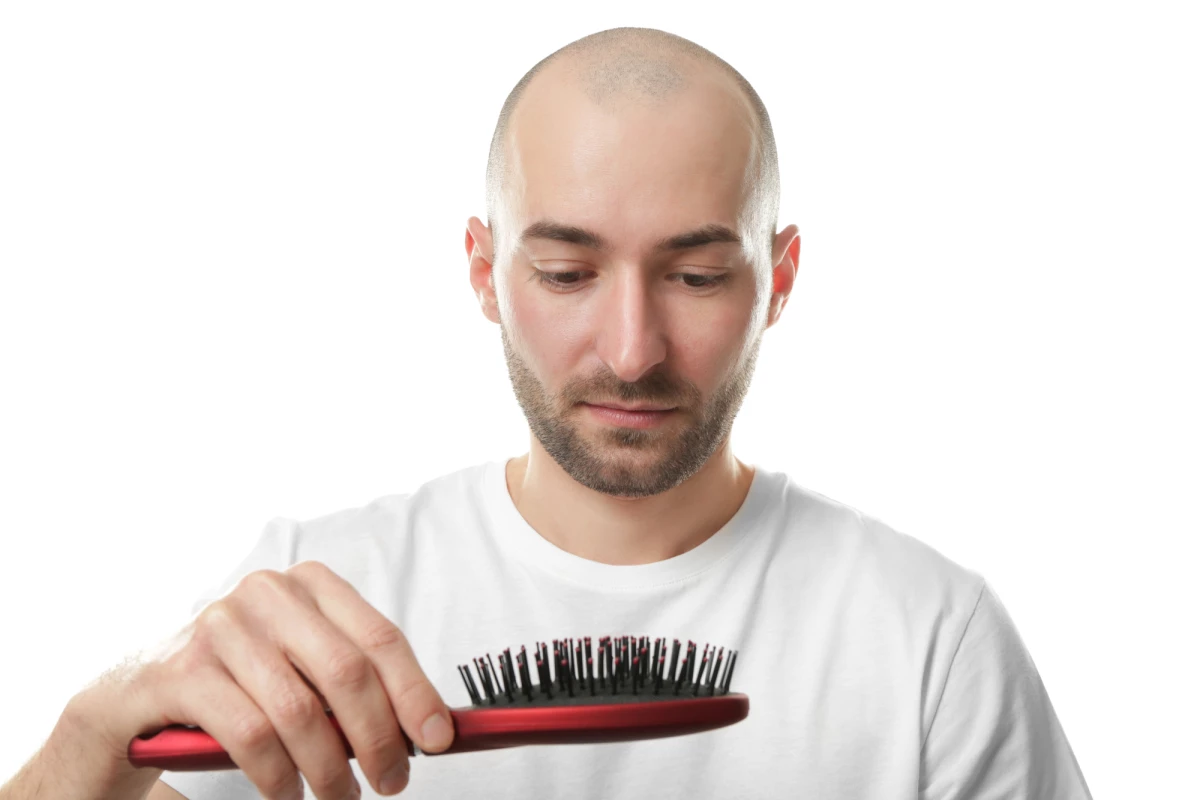A breakthrough study from scientists at Japan's RIKEN Center for Biosystems Dynamics Research has homed in on the specific characteristics of stem cells in the skin responsible for hair cell regeneration and also identified the optimal ingredients to generate continual hair follicle growth. The researchers suggest animal testing for their hair regeneration method is complete and ready for human clinical trials.
Human hair follicles are continually cycling through a number of different phases. The majority of the time a hair follicle is in the anagen phase, which is the active growth stage of hair.
At the end of the anagen phase a hair follicle enters a transitory stage called the catagen phase, leading into a resting state called the telogen phase. Once a hair follicle enters the telogen phase the shaft of hair will be naturally shed, after which the follicle then cycles back into the anagen phase and begins growing a new shaft.
One challenge faced by researchers looking for ways to regenerate hair is finding a way to produce new hair follicles that continually cycle through this natural circle. Harvesting hair-follicle resident epithelial stem cells (HFSCs) is a possible way to regenerate hair in balding individuals, but not all HFSCs are capable of continually moving through these hair follicle phases. Many may grow a shaft of hair but fail to re-cycle into an anagen phase after that shaft is shed.
So the first breakthrough in the new study, published in the journal Scientific Reports, was uncovering the specific cellular biomarkers that distinguish the HFSCs most likely to present repetitive hair follicle cycling. Two HFSC markers (CD34 and CD49f) are generally used to identify these particular hair-producing stem cells, however, the new research discovered a third biomarker (Itgβ5) can most effectively distinguish the stem cells best suited to continual hair cycling.
"We found almost 80 percent of follicles reached three hair cycles when Itgβ5 was also bioengineered into the hair follicle germ," explains Makoto Takeo, first author on the new study. "In contrast, only 13 percent reached three cycles when it was not present."
The study also demonstrates the efficacy of a new medium designed to culture the HFSCs. This medium, dubbed NFFSE, is a combination of collagen and five other factors.
An impressive 81 percent of HFSCs cultured in the NFFSE medium were seen to move through at least three complete hair cycle phases. When just one ingredient was pulled out of the NFFSE medium the researchers saw the majority of the HFSCs stall after just one hair cycle.
"Our culture system establishes a method for cyclical regeneration of hair follicles from hair follicle stem cells and will help make hair follicle regeneration therapy a reality in the near future,” explains Takashi Tsuji, lead researcher on the project.
Tsuji and his team have been working on this regenerative technology for well over a decade and say preclinical animal testing on this novel method was completed two years ago. A human clinical trial was set to commence last year but pandemic-related financial issues have set the trial back and the researchers are now looking for private donations to get the work up and running.
The new study was published in the journal Scientific Reports.
Source: RIKEN




